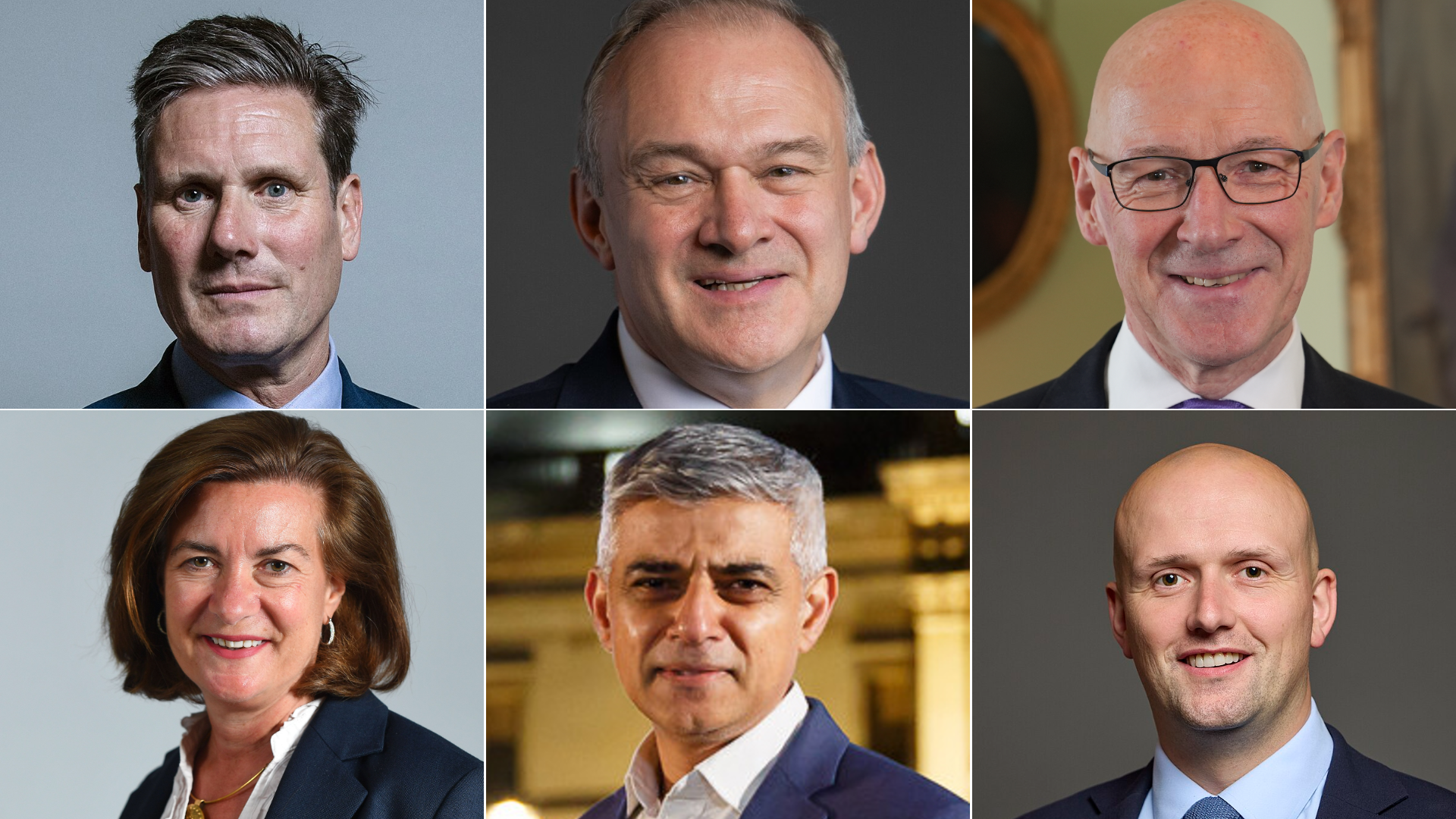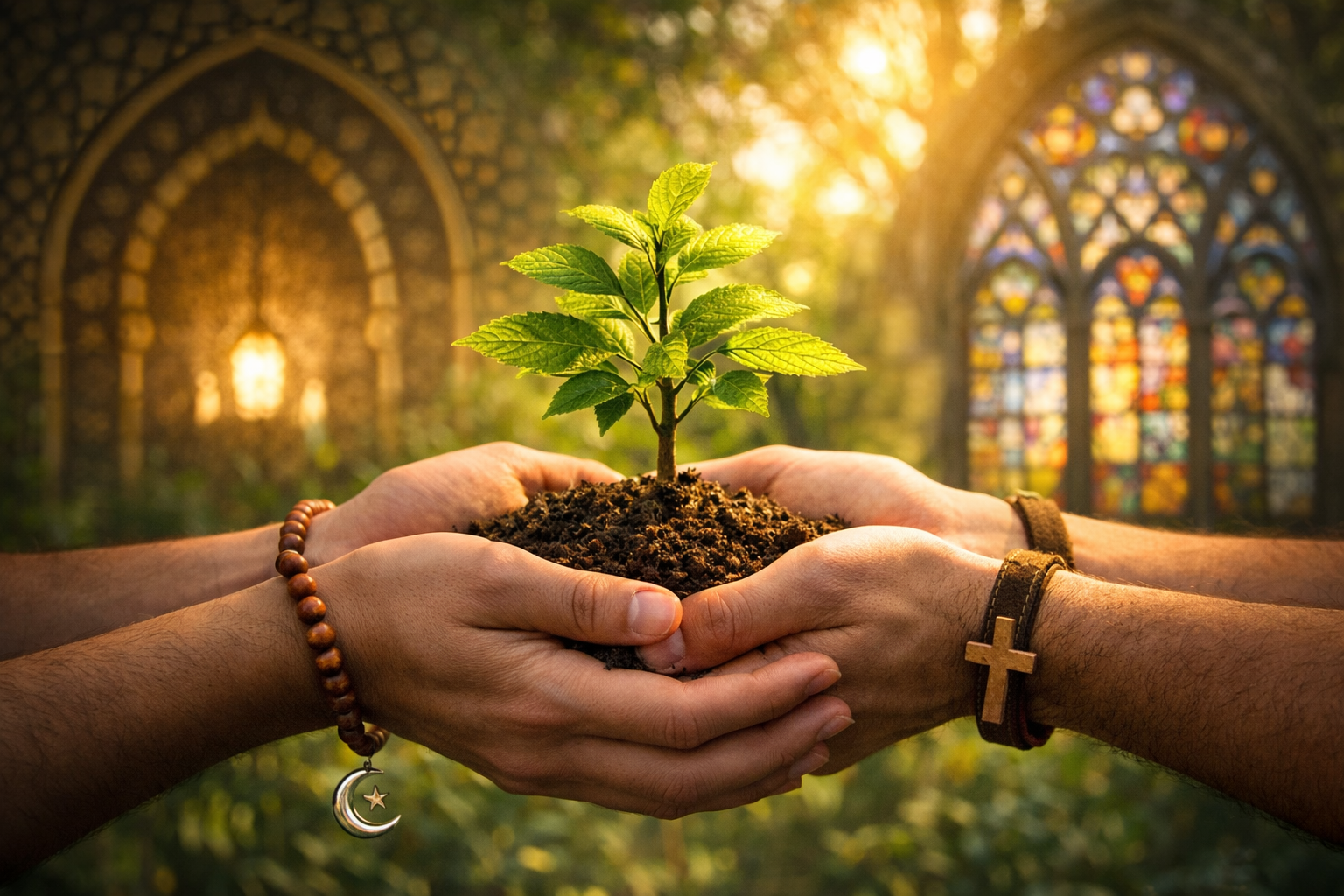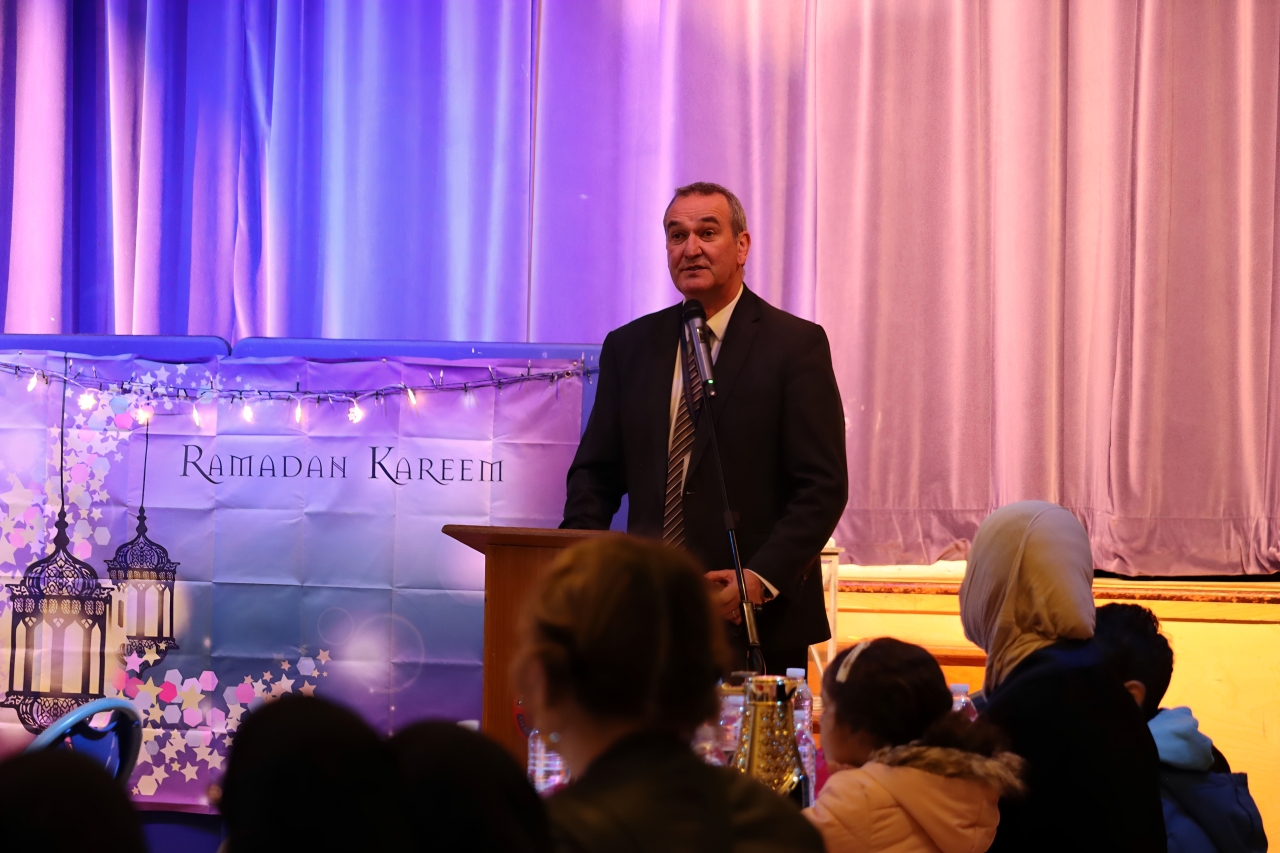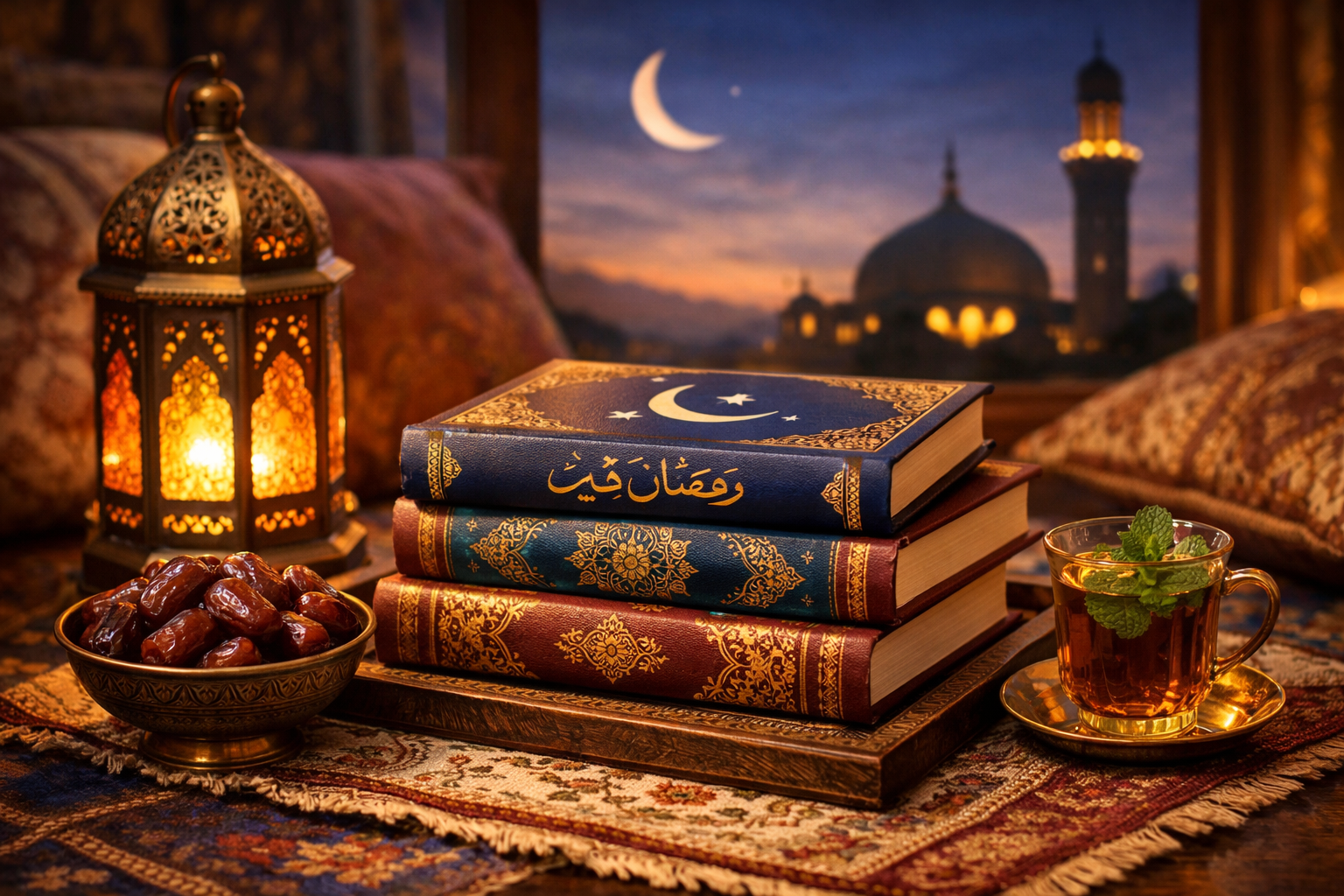
Somayyeh Mohammadian
Within the intricate fabric of the Islamic world, poetry stands as an artistic tapestry interweaving moral values, emotional resonance, and cultural identity. As voices from across time and space resonate in harmony, poets such as Saadi, Hafiz, Rumi, Ibn al-’Arabi, Attar, Nezami, Nizar Qabbani, Adonis, Mahmoud Darwish, Iqbal, and Ahmed Shawqi weave verses that transcend mere words, nurturing morality, inner harmony, and cultural pride across generations.
Poetry in the Muslim world often reflects the principles of Islam, promoting values such as compassion, justice, humility, and empathy. Through eloquent verses, poets convey stories of prophets, parables, and ethical dilemmas that inspire individuals to reflect on their actions and choices.
The beauty of poetry lies in its ability to stir the soul, creating a deep emotional connection with moral teachings that guide behaviour. From Saadi’s “Gulistan” to Ibn Arabi’s mystical treatises, ethical wisdom radiates. Saadi’s allegorical tales, akin to “Adam’s children are limbs of each other,” guide us to embrace unity. Rumi’s “Masnavi” intertwines ethical stories, prompting reflections like “Love is the religion and the universe is the book.” Hafiz’s tender verses, declaring “The heart is a thousand-stringed instrument,” resonate with empathy. These verses, deeply rooted in Islamic ethics, illuminate paths of compassion and virtue.
In a fast-paced world filled with stress and anxiety, poetry provides solace and healing. Many Muslim poets explore themes of hope, resilience, and the quest for inner peace, resonating with readers and listeners alike. Poetry offers an avenue for self-expression, allowing individuals to process complex emotions and experiences. Through verses that celebrate the human experience, poetry contributes to psychological well-being, reminding individuals of their worth and purpose.
Hafiz’s verses mirror the soul’s depths, beckoning introspection: “The heart’s mirror, strive to clean.” Rumi’s mysticism, in “You were born with wings,” invites us to connect with our essence, fostering inner tranquillity. The verses of Attar’s “Conference of the Birds” mirror spiritual journeys, igniting harmony within. These poets, mirroring Islamic teachings on self-awareness, guide us towards the sanctuary of inner peace.
Poetry is a vessel for preserving cultural heritage and identity. The diverse regions within the Muslim world have given rise to unique poetic styles and traditions. Through these poetic forms, cultures are transmitted across generations, ensuring that traditions, languages, and historical narratives remain alive. This aspect of poetry fosters a sense of belonging and pride among individuals, connecting them to their roots while embracing the present.
Saadi’s tales, like “Human beings are members of a whole,” celebrate unity amidst diversity. Nezami’s epic romances weave cultural tapestries, as Nizar Qabbani’s “I am the son of the two rivers” celebrates Arab identity within the Islamic mosaic. Mahmoud Darwish’s verses, resonant in “A country is not built by rocks,” echo the call for cultural resilience. These poets unite diverse threads, weaving a tapestry of shared heritage.
The power of poetry transcends time, acting as a bridge between generations. Traditional works and oral traditions are passed down from elders to younger members of the community, fostering intergenerational connections. The emotional resonance of poetry facilitates conversations about values, history, and societal changes, enabling mutual understanding and a sense of continuity.
Hafiz’s timeless love and spiritual verses link generations, his words urging, “Let us be companions; the two of us will form one soul.” Iqbal’s call for awakening, “Arise, and soar with the sun’s new-born rays,” bridges eras. The verses of Adonis and Ahmed Shawqi traverse time, echoing themes that resonate across generations. These poets bridge the past and present, weaving a continuum of shared wisdom.
Engaging in poetry sharpens critical thinking skills. Exploring metaphors, allegories, and symbolism within verses encourages individuals to analyse and interpret meaning. This practice nurtures intellectual growth and encourages deeper exploration of philosophical, ethical, and spiritual concepts.
Ibn al-Arabi’s mysticism delves into existential realms: “My heart has become capable of every form.” Rumi’s metaphors incite contemplation; his words are an invitation to “come, seek, for search is the foundation of fortune.” Iqbal’s philosophy awakens inquiry, his verses propel us to “Rise above sectional interests and private ambitions.” These poets, rooted in Islamic intellectual traditions, beckon us to ponder the universe’s mysteries.
Poetry has historically played a role in social and political discourse, advocating for justice and equality. From issues related to gender equity to social reform, poets have used their words to challenge societal norms and inspire change. By shedding light on pertinent issues, poetry encourages individuals to engage with the world around them and act for a better future.
Saadi’s empathy and Hafiz’s compassion empower change: “Even after all this time, the sun never says to the earth, ‘You owe me’.” Rumi’s transformative verses empower self-transcendence: “You were born with potential; you were born with goodness and trust.” Iqbal’s call for societal awakening, “The stars are lost in your radiant illumination,” ignites transformation. These poets galvanise change, embodying Islamic ethics for the betterment.
Poetry holds a profound significance in the Muslim world, touching upon the spiritual, emotional, and cultural dimensions of life. Through its evocative verses, it not only nurtures individual morality and psychological well-being but also fosters a sense of cultural identity and unity across generations. As the torchbearers of cultural heritage and moral values, poets continue to shape the future by weaving the threads of the past into the fabric of today’s society. As we move forward, the timeless verses of Muslim poets will continue to inspire, enlighten, and guide generations to come.
Somayyeh Mohammadian, poet and translator.




